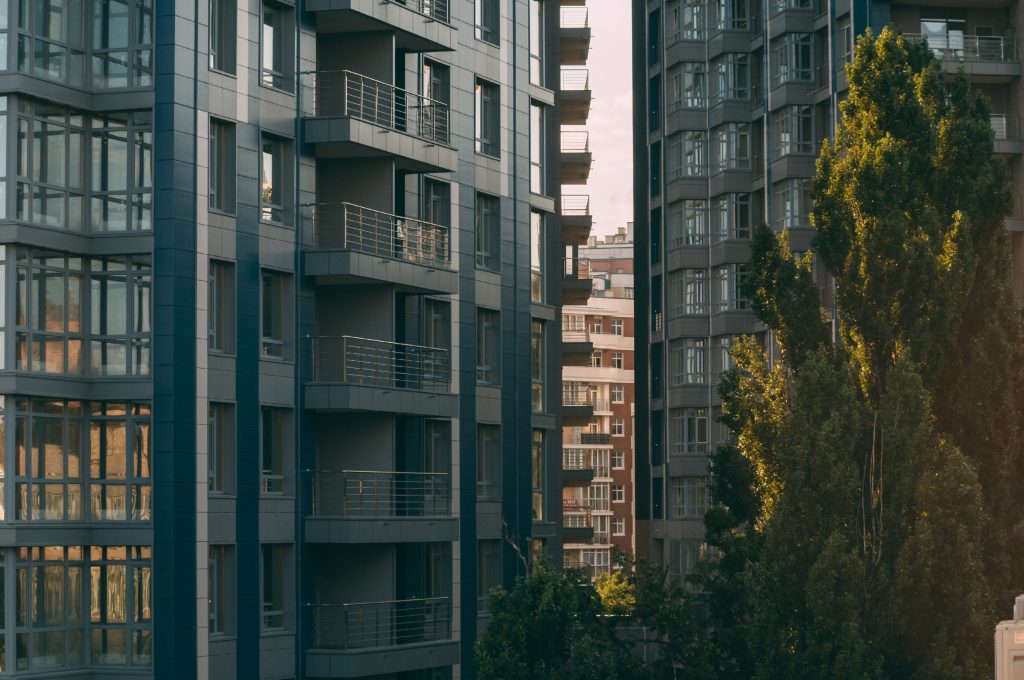
Living in a condo offers a fantastic lifestyle with shared amenities and a sense of community. You pay your HOA fees and trust that major security concerns are being handled for you. But how can you be sure your building is truly as safe as it seems? The devil is often in the details and overlooking them can compromise your personal security. Answering these seven critical questions will reveal the truth about your condo safety.
1. How Are Keys Managed?
The way keys and fobs are managed is a cornerstone of building security. You should ask if the locks are changed or fobs are deactivated immediately when a resident moves out. If the building still uses old-school metal keys, are they part of a master key system that could be easily compromised? A building that is lax about key control is leaving its front door wide open for former tenants or anyone who found a lost key. Strong key management is the first line of defense for your condo safety.
2. Is There Secured Parking?
A parking garage can be one of the most vulnerable areas of a condo complex. Is the garage or lot gated with access restricted to residents only? Proper lighting and surveillance cameras are absolutely essential to deter break-ins and assaults. You should also check if the door leading from the garage into the building automatically locks and latches securely. An unsecured parking area provides an easy entry point for criminals to access the building itself.
3. What Is the Visitor Policy?
A clear and enforced visitor policy is crucial for maintaining a secure environment. Does your building require guests to be buzzed in, or is there a front desk that checks people in? A system where anyone can simply follow a resident inside, known as “tailgating,” is a major security flaw. A strong policy ensures that only authorized individuals are granted access to the private areas of the building. This simple protocol significantly enhances overall condo safety.
4. Are Common Areas Well-Lit?
Criminals love to operate in the shadows, making poor lighting their best friend. Walk through all the common areas of your building at night, including hallways, laundry rooms, stairwells, and outdoor paths. Are there any dark corners or burned-out bulbs that create hiding spots? Well-lit spaces make people feel safer and make it much harder for an intruder to go unnoticed. Proper illumination is one of the cheapest and most effective security measures available.
5. When Were Fire Systems Last Checked?
Physical security is only one part of the equation; fire safety is just as critical. Check for inspection tags on fire extinguishers in the hallways and ask management for the date of the last full system inspection for sprinklers and alarms. In a multi-unit dwelling, a fire can spread rapidly, so functional safety systems are non-negotiable. Ensuring these systems are up-to-date is a vital component of comprehensive condo safety. Don’t assume they are working just because they are there.
6. Is the HOA Financially Healthy?
The financial health of your Homeowners Association (HOA) directly impacts your safety. A poorly funded HOA may cut corners on essential security maintenance like repairing broken gates, replacing locks, or monitoring security cameras. Ask to see the HOA’s budget and reserve study to ensure there are adequate funds allocated for security and capital improvements. A broke HOA is a red flag that your building’s safety could be compromised in the near future. This is a crucial, yet often overlooked, aspect of condo safety.
7. What’s the Neighborhood Crime Rate?
Even the most secure building can’t exist in a vacuum; it’s part of a larger neighborhood. Use online tools to look up the local crime statistics for your address. Are property crimes like car break-ins or burglaries common in your area? Understanding the specific risks of your neighborhood can help you and your HOA implement the most effective security measures. Being aware of your surroundings is a fundamental principle of personal safety.
Your Final Safety Score
So, how did your condo do? If you answered positively to six or seven questions, you’re likely in a very secure building. If your score was three to five, there are significant areas for improvement that you should bring up with your HOA board. A score below three is a major red flag, indicating that your condo safety may be seriously lacking. Take these insights and advocate for the changes needed to make your home the secure sanctuary it should be.
How did your condo score on our safety test? Share any security tips you have for condo living in the comments!
Read More:
9 Workplace Incentives That Actually Harm Productivity Long-Term
Condo Fees: 7 Truths About Why Your Condo Fees Are So High
The post Answer These 7 Questions About Your Condo And We’ll Tell You How Safe It Actually Is appeared first on Budget and the Bees.







